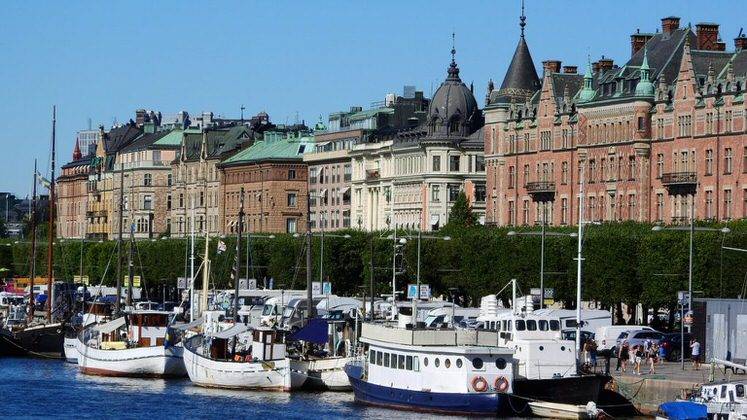Ericsson, a world leader in communications technology and services, recently released a report naming Stockholm as the highest-ranking city in the Networked Society City Index for 2016.
The index studies the performance of 41 cities all around the globe, focusing on two perspectives: ICT Maturity, which studies ICT infrastructure, affordability and usage, and Sustainable Urban Development, which is based on social, economic and environmental sustainability.
See also: Ericsson sees a wearable future that’s easy to swallow
Next in line after Stockholm are London, Copenhagen, Singapore and Paris. However, London ranks at the top in the ICT part of the index, beating Stockholm, which drops to second in that area, before Singapore.
The index notes some major improvements for Barcelona, Istanbul and Jakarta, while Hong Kong, Moscow and Dubai have all been dropped in their rankings.
In general, the report notes that cities with low ICT maturity seem to develop faster than cities with higher ICT maturity, indicating an overall catch-up effect.
From the report, it looks as though ICT is not only vital to socioeconomic improvement, but can also help remove this progress from an increased environmental footprint, in favor of more sustainable development.
Is Stockholm the future of sustainable smart cities?
With the United Nations Sustainable Development Goals, smart city planning will be vital. For example, cities will be instrumental for the improvement of poverty reduction, climate action, better health and education, as well as advanced social and financial inclusion.
Erik Kruse, head of Ericsson’s Networked Society Lab, states, “UN-Habitat estimates that 70 percent of the world’s population will reside in urban areas by 2050. Many smart city initiatives to date have mainly used ICT to optimize existing systems and behaviors, for example, intelligent transport.”
“Instead, cities need to rethink existing structures to fully grasp the potential of ICT to make sure that “smart” is in fact sustainable. The future Networked Society city is characterized by resiliency, collaboration, participation and mobility, which are essential for ensuring our cities are attractive, sustainable and vibrant places.”
For smart cities to continue to improve and become more sustainable, a number of important steps need to occur. These include, making ICT a basic infrastructure in investment plans, creating regulatory environments that encourage the adoption of ICT, a holistic approach to integrating ICT across various sector planning that includes transport, energy and public safety, and more collaboration between cities.






















